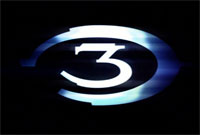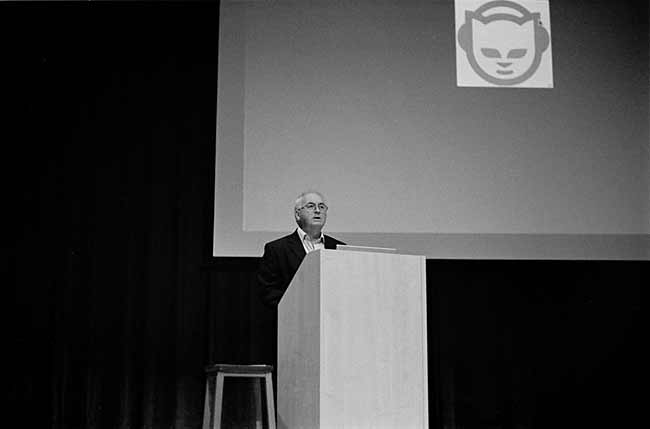New York Times report today says that:
the Web was filled Friday with complaints from people who had installed the latest iPhone software update, only to see all the fun little programs they had been adding to their iPhones disappear — or, still worse, see their phones freeze up entirely.
It was bound to happen. The moral is that if you hack your iPhone you should forget about syncing it to your computer from then on.
Control freaks like Apple don’t give up easily.
But wait! — GMSV has more:
From the warranty right on through Steve Jobs explicit reminder (see “Jobs to iPhone hackers: Bring it on”), Apple has consistently warned iPhone buyers that if they choose to go off the reservation and modify their units to use third-party software or run on networks other than AT&T, they run the risk of their beautiful toy turning into a handsome skipping stone. Still, thousands took their chances, and sure enough, when Apple pushed through an iPhone update Thursday, there was soon wailing and lamentation throughout the land.
Unfortunately for Apple, at least some of that wailing was coming from owners who had not hacked or modified their iPhone, yet found it hobbled or bricked after the update. And the overall picture of which phones were hit, the damage and the chances of recovery is veiled in the fog of war. Depending on which unlocking hack was used, or not, the iPhone update may or may not brick your unit or cause data loss, and that damage may or may not be repairable by new hacks or perhaps by a sympathetic Apple Genius. What is clear is that even while acting within its rights, Apple has a messy little problem that is not going to go away any time soon.
Still more: Erick Schonfeld has advice for Apple — “Stop behaving like a phone company”…
As we all know by now, the latest software update to the iPhone may in some cases turn it into a useless brick—if you happen to have put hacked software on it or unlocked it (ahem, John) in order to make it work on a non-AT&T carrier (such as T-Mobile, in the U.S.). Apple, of course, is free to try to lock in customers to its partner AT&T and to control what software will work on the phone. That’s just the way the cell phone business works. Right? It’s all about customer lock-in and reducing churn.
But Steve Jobs might be better served here to take his own advice and think different. Because, as he has so elegantly demonstrated with the iPhone, these devices are finally becoming little computers. So it shouldn’t be a surprise that consumers will expect them to act like computers. They will want to modify them to their exact, quirky predilections. They will want to use them any way they want, as a general-purpose device.
That is why PCs took over the world. They could be tuned a million different ways to the needs of a million different customers. You don’t ask Apple permission to download software off the Web for your Mac. And you would never agree to buy a laptop that only worked with only one broadband provider. Why should the iPhone be any different?
The uproar today may be limited to hackers and the digerati. But soon everyone will want the same thing. And if they don’t get it from Apple. They may look somewhere else. Google Phone anyone?





